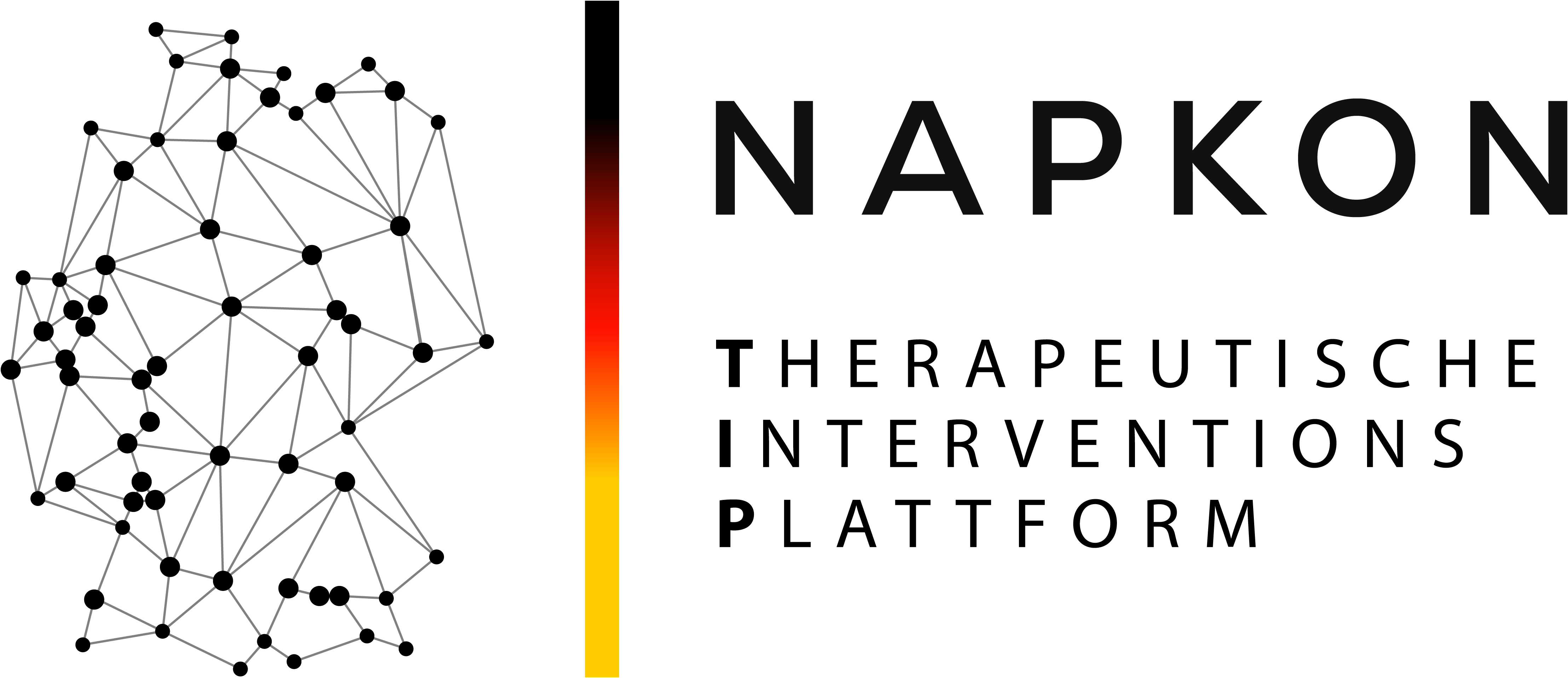Evaluation of antiviral therapy in patients with post-COVID syndrome

Medical recommendations are based on high-quality evidence, which is ideally generated by randomized controlled trials (RCTs). In order to collect sufficient data to assess a therapy, a new RCT is usually set up for each new therapeutic approach. This procedure is associated with long implementation times, high costs and a lack of flexibility. Adaptive platform studies are considered a practicable solution to these problems. The “National Pandemic Cohort Network – Therapeutic Intervention Platform” (NAPKON-TIP) aims to establish an infrastructure for adaptive clinical platform studies in Germany. NAPKON-TIP is part of the Network University Medicine (NUM) infrastructure.
Together with renowned university project partners, cosinuss° contributes to the first use case of the NAPKON-TIP infrastructure entitled “Randomized adaptive assessment of Post-COVID-Syndrom treatments_Reducing Inflammatory Activity in Patients with post COVID Syndrome (RAPID_REVIVE)”.
RAPID_REVIVE: Randomized adaptive assessment of Post-COVID-Syndrom treatments_Reducing Inflammatory Activity in Patients with post COVID Syndrome
People suffering from post-COVID often have to contend with impaired functioning of the autonomic nervous system. This is usually accompanied by a considerable restriction of activity. Traditional tests based on medical examinations to record these limitations and to measure the effects of therapeutic measures have generally been of limited quality to date. The use of health sensors, on the other hand, can enable optimum data quality.
Project objective
This adaptive, randomized, placebo-controlled and double-blind clinical phase 2 study is testing a drug intervention in post-COVID patients. The cosinuss° in-ear sensors are used to record vital parameters.
Project structure
The study will involve 350 to 400 participants who will be randomly divided into two groups: one will receive the drug to be tested (Vidofludimus Calcium (IMU-838)), the other will receive a dummy drug (placebo). For both groups, information on physical and cognitive condition is recorded via questionnaires. Various vital parameters are also recorded. This data is collected at the participants’ homes after they have initially been familiarized with the technology and its use in the study center and given the necessary components to take home. The measured data is transmitted to the responsible hospital and made accessible.
Duration
The study started in September 2024. The duration of the project is set for twelve months.
Vital parameter measurement with cosinuss° patient monitoring
It is very important to capture a signal with as little artifact as possible, as changes in post-COVID syndrome can be very subtle. The external auditory canal offers ideal conditions in this respect, as the sensor can be securely anchored in the auditory canal and no interference signals are generated due to the darkness. Previous studies with remotely monitored patients have already shown that the cosinuss° sensors reliably measure vital signs (e.g. TeleCovid, CO-SI-ONKO).
Outcomes
We will report on the initial results as soon as they are available.
Financing
The study is being carried out under the sponsorship of the Goethe University Frankfurt am Main and financed by the Federal Ministry of Education and Research (BMBF).
Partners involved
- Charité – University Medicine Berlin
- Bielefeld University with Faculty of Medicine and UK OWL
- University Hospital Frankfurt
- University Medical Center Göttingen
- University Medical Center Greifswald
- University Hospital Giessen and Marburg
- Hanover Medical School
- University Hospital Cologne
- University Hospital Würzburg
- Klinikum rechts der Isar of the Technical University of Munich
- German Research Center for Environmental Health Munich
This article was last updated on: November, 15 2024